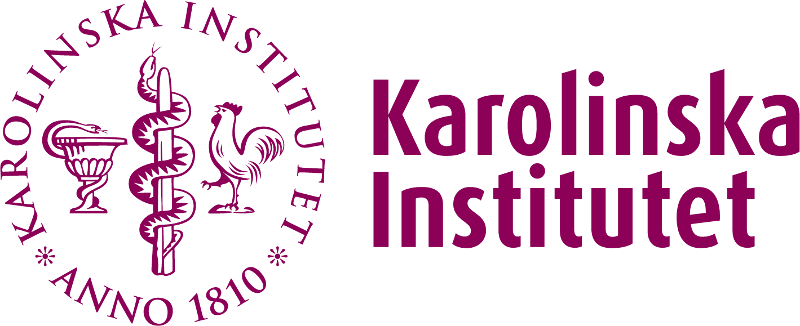
We are seeking a bright and highly motivated computational scientist to develop a platform for metabolic flux analysis at Karolinska Institutet, in close collaboration with experimental scientists.Our research group (www.nilssonlab.se) at Karolinska Institutet combines experimental and computational techniques to study the metabolism of live human cells. This is a vibrant area of biomedical research, drive by the rise of common metabolic disorders as well as recent discoveries of metabolic derangements in cancer. We are now seeking a postdoc with strong computational skills to spearhead the development of methods for metabolic flux analysis using isotope tracing and mass spectrometry-based metabolomics.
The project involves fitting experimental data to large mathematical models of metabolic networks to infer the activity of enzymes in the central metabolism, as well as rational design of isotope tracing experiments. This work will be done in close collaboration with experimental scientists, aiming to describe in great detail the metabolic phenotypes of human cells in health and disease, in particular in models of cancer transformation. One goal is to identify enzymes that may be of interest as drug targets. The work will also help establish a platform for metabolic flux analysis that we envision will become a central resource for metabolism research at Karolinska Institutet.
The candidate should have a strong background in applied mathematics or physics, especially in network models / graph theory, mathematical statistics, and constrained nonlinear optimization. The candidate should also be adept at programming numerical algorithms in languages such as C++, Java and MatLab/Mathematica.
The Nilsson Lab is part of the Unit for Computational Medicine, a larger initiative aiming to establish systems biology approaches at Karolinska Institutet, the premier biomedical research institute in Sweden. We work in close collaboration with colleagues at the University of California, San Diego (UCSD) and provide a vibrant international research environment with members from a dozen different countries.
For more information, please contact:
Roland Nilsson
Assistant Professor, Karolinska Institutet
roland.nilsson@ki.se




